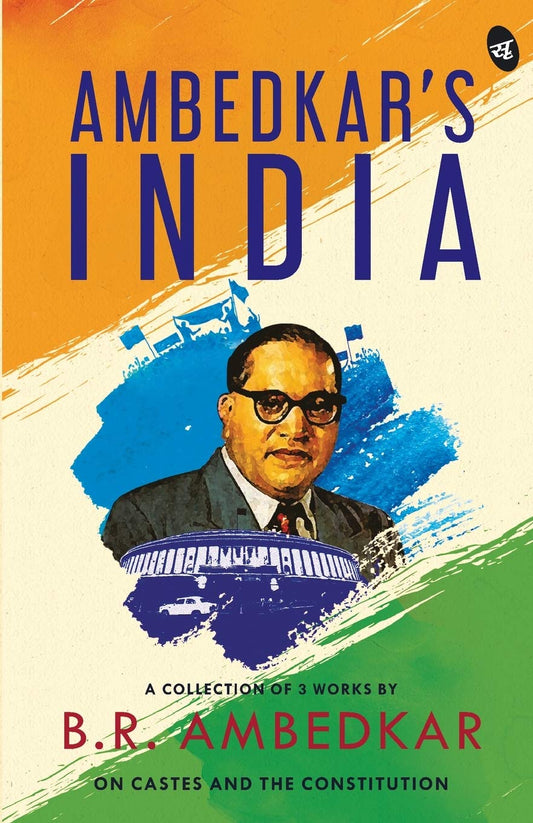A fiction book is a type of book that contains stories created from the imagination of the author, rather than being based on real events or factual information.
The characters, plot, and settings in a fiction book are all products of the author’s creativity, though they may be inspired by real-life experiences or ideas.
Fiction books can transport readers to entirely new worlds, whether fantastical, historical, or contemporary, and they provide an opportunity for storytelling that sparks the imagination and evokes emotion.
In this blog post, we’ll explore what defines a fiction book, the various types of fiction books, and why fiction continues to captivate readers worldwide.
What Defines a Fiction Book?
A fiction book is primarily characterized by its imaginative nature and the creation of stories that are not bound by factual truth. Here are some key features that define a fiction book:
1. Imaginative Storytelling
Fiction books are built around the author’s imagination, and the events, characters, and places they describe are not real. However, the author may draw inspiration from real life, blending fiction with bits of reality to create compelling stories.
2. Plot and Characters
The plot of a fiction book is a sequence of events that drive the story forward, and the characters are the people (or animals, mythical creatures, etc.) who experience those events. These characters may face challenges, experience growth, or transform the narrative.
3. Creative Settings
In fiction, the setting is often crafted to suit the needs of the story. This could mean a realistic depiction of a particular place or a completely imaginary world. From bustling cities to far-off galaxies, fiction allows the freedom to build diverse settings that contribute to the mood and atmosphere of the book.
4. Themes and Messages
Fiction books often explore love, adventure, loss, identity, good vs. evil, and more. Through their stories, fiction authors can convey important messages or moral lessons, often leaving readers with something to reflect upon long after they finish the book.
Types of Fiction Books
Fiction books come in various genres, each offering a unique reading experience. Some common types of fiction include:
1. Novels
A novel is a long, fictional narrative that explores a complex story with well-developed characters. Novels typically delve deeply into themes and emotions, making them rich and immersive reads. Examples include classics like Pride and Prejudice by Jane Austen or contemporary bestsellers like The Night Circus by Erin Morgenstern.
2. Short Stories
Short stories are brief works of fiction that focus on a single incident or theme. They are typically shorter than novels and are often found in literary magazines or anthologies. Well-known examples include Edgar Allan Poe’s The Tell-Tale Heart and Alice Munro’s Dance of the Happy Shades.
3. Novellas
A novella is a short novel, generally ranging from 20,000 to 50,000 words. Novellas focus on one central idea or character and are often more concise than full-length novels. Examples include Animal Farm by George Orwell and The Metamorphosis by Franz Kafka.
4. Science Fiction
Science fiction books explore futuristic concepts, advanced technology, and speculative ideas. They often take place in space or on other planets, and they might involve robots, time travel, or dystopian societies. Some famous examples are Dune by Frank Herbert and 1984 by George Orwell.
5. Fantasy
Fantasy books transport readers to magical worlds filled with mythical creatures, powerful wizards, and epic quests. These books often feature elements of magic and the supernatural. Popular examples include The Lord of the Rings by J.R.R. Tolkien and Harry Potter and the Sorcerer's Stone by J.K. Rowling.
6. Romance
Romance novels focus on the relationships and emotional connections between characters. They often revolve around themes of love, passion, and overcoming obstacles to be together. Notable examples include Pride and Prejudice by Jane Austen and The Notebook by Nicholas Sparks.
7. Mystery and Thriller
In mystery and thriller books, the plot revolves around solving a crime, uncovering a secret, or dealing with dangerous situations. These genres often keep readers on the edge of their seat with suspenseful twists and turns. Famous books include The Girl with the Dragon Tattoo by Stieg Larsson and Sherlock Holmes by Arthur Conan Doyle.
8. Historical Fiction
Historical fiction books blend real historical events with fictional stories. They often take place in a specific historical period, with fictional characters experiencing the events of the time. Well-known examples include The Book Thief by Markus Zusak and All the Light We Cannot See by Anthony Doerr.
9. Adventure
Adventure fiction focuses on exciting journeys and explorations, where the main character is often on a quest or search for something. These books are filled with action, danger, and intrigue. Classic examples include Treasure Island by Robert Louis Stevenson and The Call of the Wild by Jack London.
Why Are Fiction Books Important?
Fiction books have a unique power to captivate, entertain, and educate readers. Here are a few reasons why fiction continues to be such an important and beloved genre:
1. Escape and Imagination
Fiction books provide an escape from the real world, transporting readers to different places, times, and realities. They spark the imagination, allowing readers to explore worlds beyond their own experience, from magical realms to far-off galaxies.
2. Emotional Connection
Through well-crafted characters and immersive storytelling, fiction can help readers connect with emotions and experiences in ways that nonfiction might not. Fictional characters often reflect the struggles, joys, and complexities of real life, allowing readers to empathize and reflect on their own lives.
3. Cultural Exploration
Fiction books allow readers to explore different cultures, traditions, and perspectives. They offer insights into the lives of people from diverse backgrounds, helping to broaden understanding and foster empathy.
4. Inspiration and Reflection
Many fiction books explore deep philosophical and moral questions, challenging readers to think critically about their own beliefs and values. Fiction can inspire personal growth and reflection, as readers see characters struggle and overcome challenges.
5. Entertainment and Joy
At the core, fiction books are a source of entertainment. They provide enjoyment, excitement, and a sense of wonder. Whether it's through heart-pounding action, heartwarming romance, or captivating fantasy, fiction books bring joy to readers of all ages.
Final Thoughts
Fiction books are a gateway to endless possibilities. From thrilling mysteries to heartwarming romances, from fantastical adventures to deep emotional journeys, fiction allows readers to experience a wide array of human emotions and explore the limitless bounds of imagination.
So, whether you're looking to escape into a magical world, solve a gripping mystery, or explore a timeless love story, a fiction book can transport you into a world of wonder, excitement, and endless adventure.









